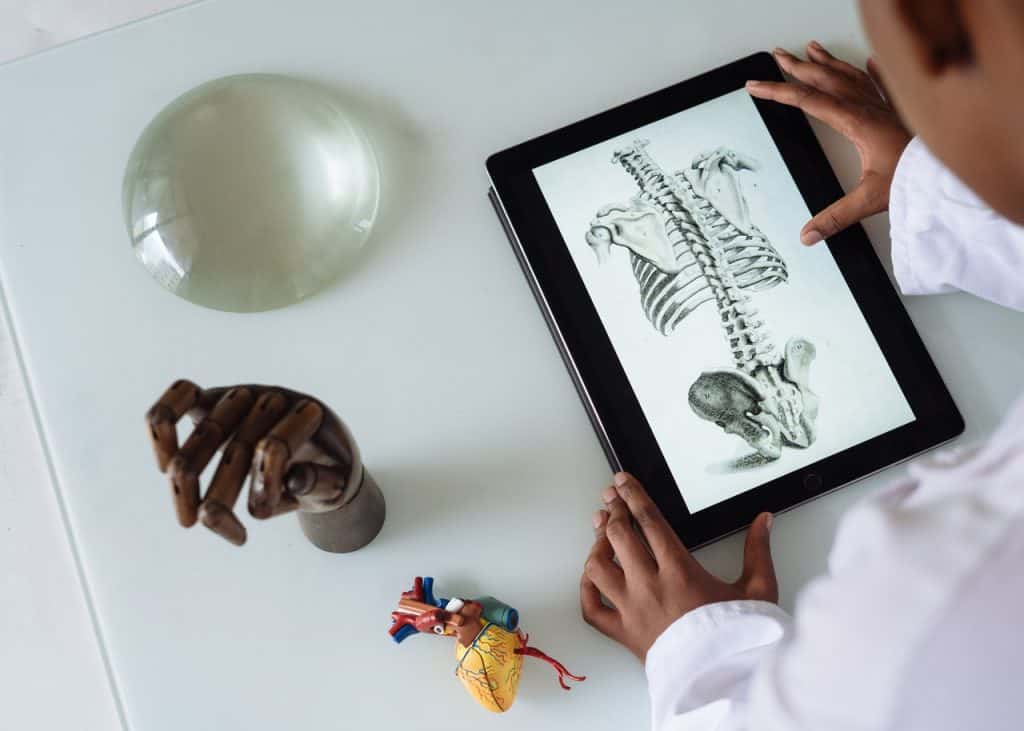Technology is the driving force behind medical development. Throughout our history, it has helped discover penicillin and other antibiotics and the total eradication of previously incurable diseases. Also, it will drive the most value in the pharmaceutical industry as well traditionally, most pharmaceutical companies used hard copy records to keep production batch records however, this documentation method has numerous shortcomings so now technology has made advancement in the pharma world with highly powerful and low-cost pharma specific EBR software that is helping any sized pharmaceutical manufacturer to eliminate costly paperwork errors, speed up information distribution and collaboration, and enable strategies for improving product quality and process efficiency.
Outpatient and Non-Surgical Procedures
One of the biggest benefits advancements in medical technology has brought forth is the speed of how things are done. Perhaps now more than ever before, doctors are taking less and less time to perform procedures, and patients are recovering much faster.
A simple example is Lasik, a type of refractive eye surgery for the correction of ailments like myopia, hyperopia, and astigmatism. A well-trained physician will complete the procedure in less than five minutes, and the recovery time is usually six to twelve hours.
As for non-surgical procedures, there has been enormous growth in that area as well. If your teenage son has recently gone through a growth spurt causing a sideways curvature of his spine, he can see a scoliosis specialist who will guide him on the best possible non-surgical treatment to engage in.
Preventive Medicine and Analytics
Sickle cell disease, cystic fibrosis, and Down syndrome are three of the most common hereditary diseases. In any of these ailments, studies show that if both of your parents carry the defective gene, you will have a twenty-five percent chance of being inflicted. It doesn’t sound too high now, does it?
Well, it depends on how you look at it. Twenty-five is not a very large number. Still, it means one out of every four children in America will inherit a life filled with doctor’s appointments, medication, blood transfusions, and even stem cell transplants.
But what if instead of twenty-five, this number were zero? What if doctors could predict with complete accuracy whether your child’s DNA would have this genetic code? And if so, what if they could either treat it or get rid of it before birth?
Enter predictive analytics, an AI-based intelligent system that will soon forecast trends in a wide variety of industries, including medicine.

Immunotherapies
Cancer is still a dreaded disease but immunotherapy has come across as a hope for the patients. In fact, Eureka is running clinical trials to engineer immunotherapies in its fight against specific types of cancer. It involves the use of cutting-edge technology platforms, E-ALPHA® and ARTEMIS®, and the immune system of the patient.
So, even if you have a poor prognosis, there is hope in immunotherapy as an advanced treatment of cancer.
Electronic Health Records and Telemedicine
The second best way for you and your loved ones to avoid getting covid-19 is by wearing protective equipment like masks and face shields when outdoors. The best one, of course, is not going out at all.
The true beauty of telemedicine is not only your doctor asking you a bunch of questions about how you feel through a Zoom or Google Meetings online session. It goes way beyond that. It’s about real-time monitoring of chronic illnesses, on-the-go doctor appointments, and interactive diagnostics.
Electronic health records allow both medical practitioners and patients to access and edit patient information and medical history regardless of location. It also lets doctors collaborate to determine best practices for their clients.
Medical Robotics and Surgery Automation
In the movie Elysium, there is a futuristic community for the wealthy set in space. Along with the benefits of having no pollution and natural disasters, citizens can access healthcare machines that can treat anything wrong with their bodies. For instance, if you have cancer, you can lie down on a capsule-like contraption and wait for a few minutes while a machine performs a procedure that will instantly heal you.
This isn’t possible yet. Machines cannot fully replace doctors, and some major illnesses like advanced stages of cancer or Lou Gehrig’s Disease have no cure.
Even so, in the last few years, we have seen incredible improvements in medical robotics. Among them is the da Vinci surgical robot, a machine that can help minimize medical errors by giving “surgeons more precise control for a range of procedures.”
Accessibility of Information
In highly-developed nations like Germany and Japan, pharmaceutical companies are forbidden by law to promote prescription drugs directly to the consumers. There are two reasons behind this. First, doctors have more knowledge than patients. As a result, they should be the only ones in charge of recommending non-OTC drugs. Second, these countries have a universal healthcare system funded by the government. In simple terms, it is a cost-savings measure.
Recently, things have changed. Whether pharmaceutical companies are allowed to advertise or not is irrelevant. High internet speeds and data accessibility have given people access to unlimited amounts of medical information ranging from treatments of a common cold to dealing with someone with Parkinson’s or even HIV.
As we have seen, there are plenty of ways in which technology is affecting the medical industry. As we learn more and create better tools, soon, no disease will be too tough to handle, and we will all have longer and healthier lives.




